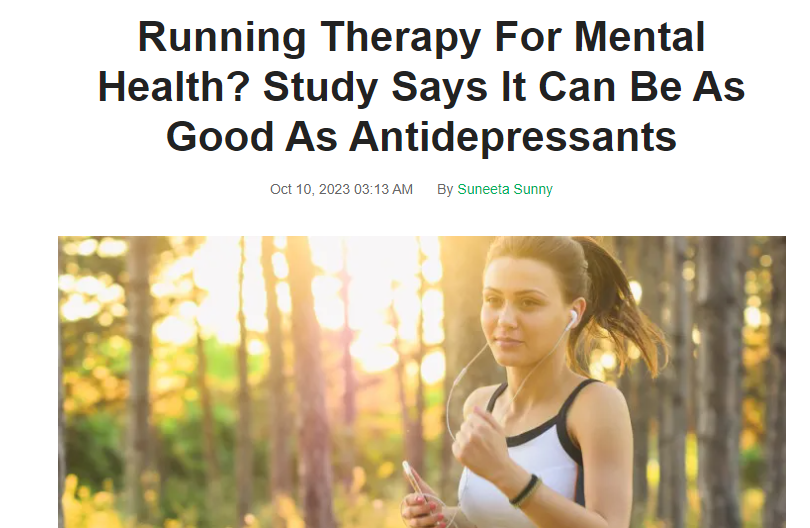It is incredibly frustrating to see people using low death rates from COVID-19 in younger age groups to argue that we can relax all restrictions as long as we protect the elderly without putting forward CONCRETE PROPOSALS about how to do that 1/n
2/n I agree that protecting the elderly will probably reduce the overall death burden. I am a co-author on a study that demonstrates this exact point!
medrxiv.org/content/10.110…
medrxiv.org/content/10.110…
3/n The problem is, what we've seen from around the world is that it is REALLY HARD to protect elderly people while relaxing all restrictions because (unsurprisingly) they are a part of society too
4/n Most of the proposals are limited to some vague hand-waving about aged care, but we demonstrated that even relatively young people were at a pretty high risk from COVID-19 

5/n If we really want to reduce the death rate from COVID-19, it's not as important if really large numbers of 20 year olds get infected (although this is still obviously not ideal!) but even a relatively small % of 60 year olds drives up deaths substantially
6/n People who are pushing for re-opening everything on the basis of "protect older populations" should first describe how we can prevent people aged 60+ from having risky contact with the rest of society
7/n Because if the last 6 months have shown us anything, it's that stopping older people from getting COVID-19 is REALLY NOT EASY
Saying "protect the elderly" doesn't cut it
Saying "protect the elderly" doesn't cut it
8/n And, of course, this is ignoring any impacts aside from death
If there are substantial chronic impacts in the younger population - a definite possibility - then the situation gets even more complicated
If there are substantial chronic impacts in the younger population - a definite possibility - then the situation gets even more complicated
9/n I've written about potential long-term impacts even for young people, they are a real worry and potentially enormously problematic even if the death rate is low theguardian.com/world/commenti…
• • •
Missing some Tweet in this thread? You can try to
force a refresh













